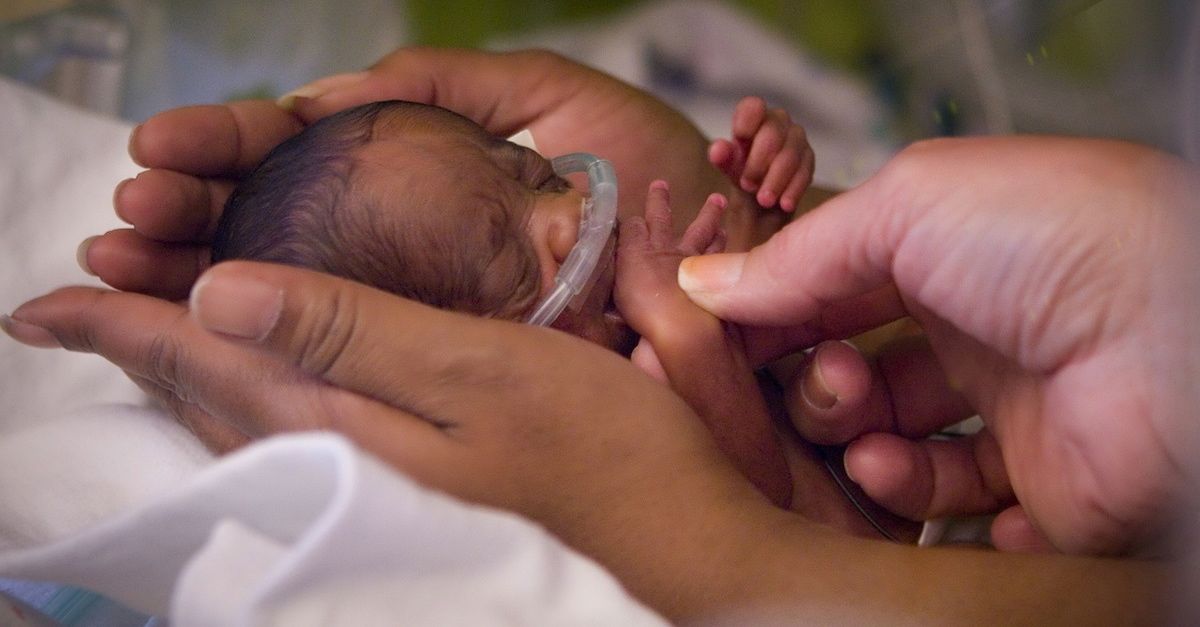
Pennsylvania’s first human milk bank in the works for Pittsburgh
A group of Pittsburgh men and women are doing their part to combat the region’s high infant mortality rate.
Milk banks – certified and inspected labs that solicit carefully screen donor milk to be processed, bottled and sold to hospitals – are located in 14 U.S. states, according to the Human Milk Banking Association of North America. But none exist in Pennsylvania, and Denise O’Connor wants to change that.
O’Connor, a certified lactation consultant, is the board president of the Three Rivers Mothers’ Milk Bank. More than a dozen board members have been working for a year to launch their milk bank in Pittsburgh.
“This is so important for the health of our babies. Currently, if a mother can’t provide breast milk for her baby then the only option is to turn to supplements and formula,” O’Connor says. “But there are so many women out there who are nursing and can fill the need. This is really beneficial for the sickest of the sick babies.”
The milk bank will provide pasteurized milk from screened donors to the neonatal intensive care units (NICUs), hospitals and outpatients of both Pennsylvania and West Virginia.

“Donor milk is used throughout the country to prevent serious complications in medically fragile infants and we are excited to finally bring this lifesaving service to our region,” O’Connor says.
The high infant mortality rate in Allegheny County, especially among African American babies, was a big factor in the group’s motivation to establish a milk bank here, says Amber Rhoton McCann of International Lactation Consultant Association and a volunteer with the Three Rivers Mothers’ Milk Bank.
All of the milk donors – who will not be paid – will be carefully screened, first with an interview covering health and medical history, statements from the donor’s health care provider and then a full array of blood screenings identical to those performed at blood donor banks.
After screening, women will be able to pump milk in the comfort of their own homes and then bring it to the bank. The donor milk will be pasteurized through a process that destroys all pathogens while keeping 70 percent of the immunological properties intact. Finally, the milk will be bottled and sold to hospitals to be distributed by prescription only.
The Three Rivers Mothers’ Milk Bank gained 501 (c) 3 status in August, O’Connor says. Next, they are securing funding. They are looking for sponsors and have launched a crowd funding campaign on Indiegogo. Once established, they will begin collecting and distributing donor milk.
Their initiative has the broad support of physicians and researchers from West Penn Allegheny, Mercy Hospital, Children’s Hospital and Magee-Womens Hospital.
“Having a sick baby is so stressful for families. We are trying to do one small–but very important piece–to make it easier on them and to help these babies thrive,” O’Connor says.